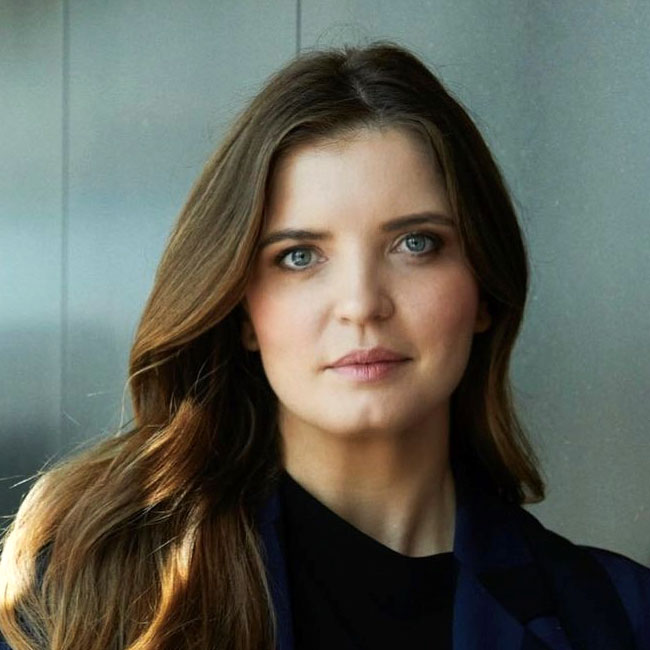Vienna, September 1, 2022 – The number of vehicles on the roads shows continued growth, while the cost of maintaining road infrastructure is increasing. At the same time, the new environmental protection and sustainability goals are forcing new mobility concepts. Question: How can tolling still have an impact in this challenging environment? Gabriel Makki : Traditionally, a toll was introduced as a means to recover the cost of building new road infrastructure and fund its ongoing maintenance. Tolling has also proven to be a powerful tool in shaping traffic to achieve set goals. Among those are for example maintaining throughput and reducing congestion and even emissions. This can be achieved by influencing road user behaviour both on motorways and in urban environments. A toll is in fact very effective in that regard as it inherently affects only those actually using the infrastructure. Question: What will tolling technology of the future look like? Gabriel Makki : It is difficult to generalize, because conditions vary between countries. However at the moment, we see that the more forward-looking clients seek to introduce tolling that supports true location and distance-based charging. Their advantage is not only greater flexibility in terms of charging based on actual road used and miles travelled, but they also require less roadside infrastructure. This is worthwhile both for long-term investments and for operating expenses – so it brings CAPEX and OPEX benefits. Question: How does road user charging fit into all this? Gabriel Makki : Electric vehicle, or EV, adoption promises increased transportation sustainability. But EVs also pose significant challenges for governments – especially in terms of funding infrastructure projects and maintaining existing road networks. This is because EVs will dramatically reduce revenues from fuel taxes in just a few years. One way that governments can address this growing hole in their budgets is to implement a new funding method known as road user charging, also called RUC. This considers the distance travelled by motorists in their vehicles, as well as the type and emissions status of vehicles, and applies charges accordingly. RUC is right now being tested in the field. We are involved in these exciting developments, currently rolling out an RUC proof of concept, in short PoC, based on Global Navigation Satellite System technology in Norway. This project gives us the opportunity to deploy our know-how and technology in this emerging domain. We look forward to sharing more on this RUC PoC in the near future. Question: Are there any roadblocks to rolling out distance-based charging technologies such as RUC? Gabriel Makki : When it comes to implementing RUC, there are usually some technical challenges to overcome and public acceptance to generate – for example, with regard to data privacy and the integrity of user data. However, many European countries have already implemented distance-based charging for heavy goods vehicles, in short HGVs. This means that many of the technical building blocks needed for a broader, light-vehicle solution are already available. We are also active in that field, for example with our recent HGV distance-based charging project in Bulgaria, which uses location data from a variety of sources, processed within our advanced Geo Location Platform, to calculate and apply vehicle charges accurately and reliably. Question: What do you think will be the next thing in the tolling space – what are we talking about in five years? Gabriel Makki : I think the tolling industry is very complex and diverse, but it is clear that any tolling solution needs to be flexible enough to adapt to new technologies, such as connected vehicle data, 5G, or data from end-users’ mobile devices. There is a lot of room for improvement and making smart use of data in that area, and I am excited to see how we are developing this space within Kapsch TrafficCom and the industry at large. If you want to learn more about how Kapsch TrafficCom continues to innovate in the tolling space, visit Tolling Transformation .
